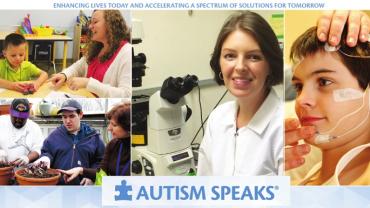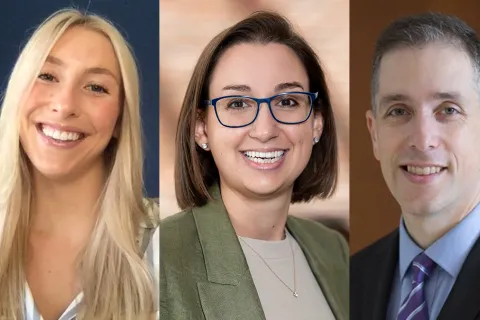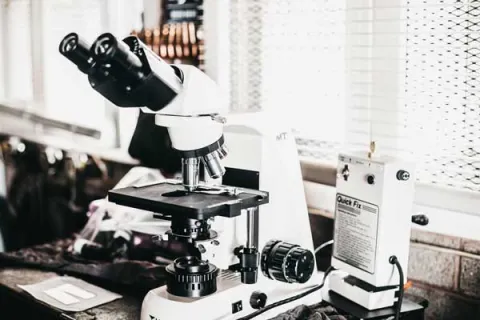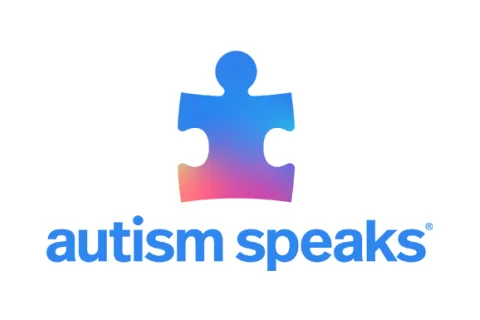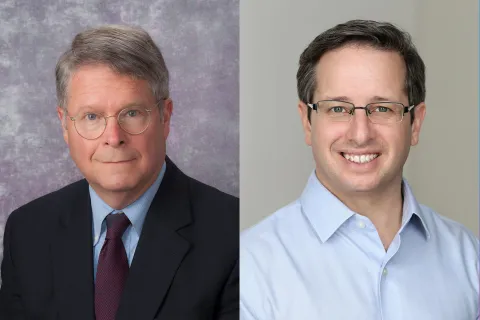Autism Speaks funds promising new treatment and diagnostic studies
Research to advance personalized wandering interventions; target a cause of early communication challenges; and deliver practical autism-screening for underserved regions
December 19, 2018Autism Speaks is pleased to announce more than $1.6 million in grants for three promising research projects that will each span three years.
- The first study will rigorously test a new personalized intervention program for curbing the dangerous autism-related behavior of wandering, or bolting, from safe and supervised places. Psychologist Mindy Scheithauer, of Emory University’s Marcus Autism Center, will lead the study. It will enroll 76 children.
- The second grant will support a clinical trial of leucovorin (a form of folate, or vitamin B9) that has shown early promise in improving verbal communication and sociability in a subgroup of children with autism. These children have antibodies that block the brain-cell receptors that respond to naturally occurring folate. Pediatric neurologist Richard Frye, of Phoenix Children's Hospital, will lead the study. It will enroll 80 children. Read more about this study.
- The third research project will develop and test a set of autism screening and diagnosis methods for their effectiveness and practicality in low- and moderate-income countries. It will be led by psychologist and public health researcher Amina Abubakar, of the KEMRI-Wellcome Trust Research Programme. Pilot testing of the methods will begin in Kenya, South Africa and Malawi.
“We’re eager to support these research projects as embodying Autism Speaks’ goals of providing solutions to quality-of-life issues and advancing innovative and potentially transformative treatments,” says Autism Speaks Chief Science Officer Thomas Frazier. Both treatment studies involve personalized approaches that reflect autism’s great diversity of needs, Dr. Frazier notes.
Adds Andy Shih, Autism Speaks senior vice president for public health and inclusion: “In supporting the development of practical and affordable screening and diagnostic methods, we can improve the lives of millions in parts of the world where autism still goes largely unrecognized and untreated. At the same time, we’ll be learning important lessons for increasing our support in underserved communities here at home.”

